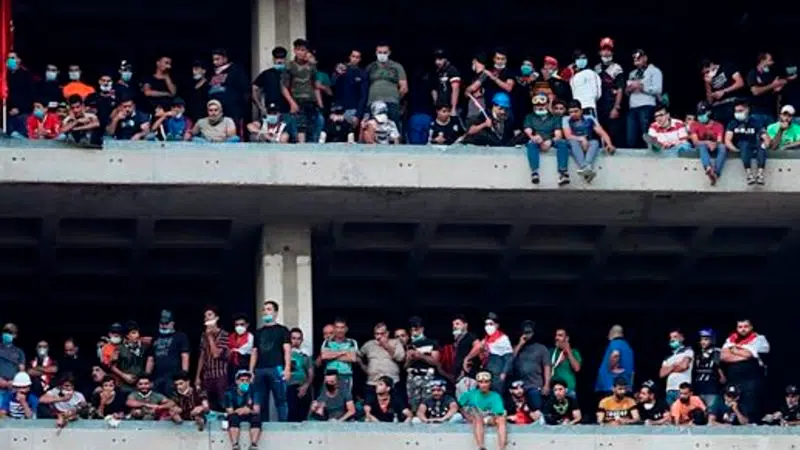
Masked gunmen attack protesters in Iraq holy city; 18 killed
BAGHDAD — Masked gunmen opened fire at Iraqi protesters in the Shiite holy city of Karbala on Tuesday, killing 18 people and wounding hundreds, security officials said, in one of the deadliest single attacks since anti-government demonstrations erupted earlier this month.
The overnight attack came as Iraqis took to the streets for a fifth straight day after a hiatus in the demonstrations that began earlier this month to protest government corruption, a lack of jobs and municipal services, and other grievances. The earlier protests also saw violence against protesters, and a total of 240 people have been killed since the unrest began.
But the bloodshed in Karbala could mark a turning point because of the high death toll and because the city is a major pilgrimage site where a revered Shiite figure was killed in a 7th century battle.
Similar anti-government protests are underway in Lebanon, where supporters of the Iran-backed militant group Hezbollah stormed the main protest camp and Prime Minister Saad Hariri said he would resign after hitting a “dead end” in trying to resolve the crisis. The protests in both countries are directed at governments and armed political factions that are close to Iran, raising fears of a violent backlash.

